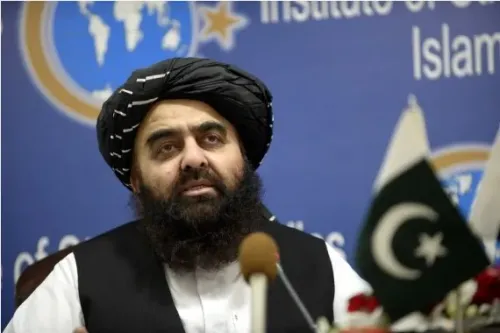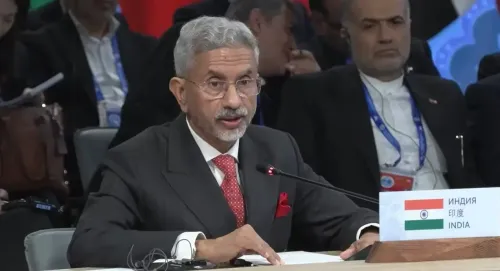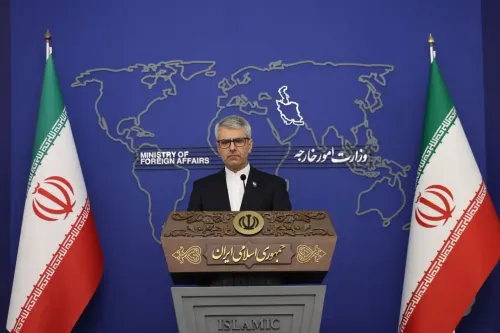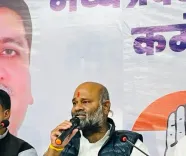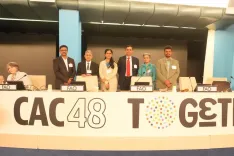How Must Developed Nations Deliver Climate Finance in Trillions?
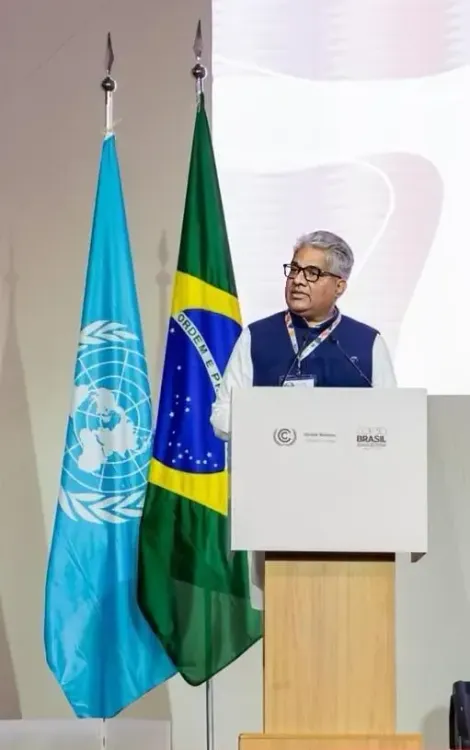
Synopsis
Key Takeaways
- Developed nations are urged to provide climate finance in trillions, not billions.
- Climate technology must be accessible and free from restrictive property barriers.
- India has reduced emission intensity significantly and achieved its renewable energy targets early.
- Over two billion trees were planted in 16 months under a community-led initiative.
- India's commitment to global climate justice remains steadfast.
Belem (Brazil), Nov 18 (NationPress) Union Minister for Environment, Forest and Climate Change, Bhupender Yadav, urged developed nations to elevate their climate commitments and fulfill their obligations while emphasizing that climate technology should be devoid of restrictive property barriers.
Addressing the High-Level Segment of the 30th Conference of Parties (CoP30) to the UNFCCC, held in Brazil's Belem on Monday (local time), Minister Yadav expressed gratitude to the government and citizens of Brazil for hosting this significant event in the heart of the Amazon, which symbolizes our planet's ecological richness.
“This COP signifies a decade since the Paris Agreement, marking our collective determination. It serves as a reminder that climate change is not a distant issue but is rather immediate and pressing. Our current trajectory of unsustainable growth is putting immense stress on our planet,” he remarked.
The Union Minister strongly appealed to developed nations to show enhanced climate ambition, stating, “Developed countries need to achieve net-zero emissions much earlier than their existing targets and provide additional, concessional climate finance on a scale of trillions, rather than billions.”
He further highlighted the necessity for “affordable and accessible climate technology” and insisted that such technology “must be free from restrictive intellectual property barriers.”
Minister Yadav noted that India, under Prime Minister Narendra Modi, has effectively demonstrated that development and environmental protection can progress together.
“India's emission intensity has reduced by over 36% since 2005, and non-fossil fuel sources now constitute more than half of our total installed power capacity (approximately 256 GW), achieving our NDC target five years ahead of the 2030 deadline,” he stated.
He also announced that India will present its revised NDCs up to 2035 and timely deliver the first Biennial Transparency Report.
Moreover, the Union Minister emphasized India’s global leadership role through initiatives like the International Solar Alliance and Global Biofuel Alliance.
He highlighted the momentum generated by the Nuclear Mission and Green Hydrogen Mission in steering India towards a net-zero target by 2070.
Yadav mentioned that in alignment with the Paris Agreement objectives regarding the conservation and development of carbon sinks, over two billion trees have been planted through community-led initiatives in just 16 months.
“This is truly a testament to the power of collective climate actions,” he concluded.
The Union Minister reaffirmed India’s dedication to global climate cooperation and justice, stating, “Let the coming decade be characterized by implementation, resilience, and shared responsibility.”

